
'We're Finding It Difficult to Hold' Territory in Somalia: Senator
"Our doctrine is…to disrupt, clear, hold. We’re finding it difficult to hold,” the Rhode Island senator said. "We have specialized units who are very good at disrupting al Shabaab together with our special operators, but we’re certainly not at the ‘clear and hold phase,’ we’re at the phase of disrupting al Shabaab, keeping them offbalance.”
The Pentagon says American troops are in the country to foster a secure environment and deter groups like al-Shabaab and the smaller Islamic Statecontingent.
Reed said al Shabaab was being undermined by various factors, including those strikes and other direct actions, which have removed "key leaders and external plotters from the battlefield.” But the extremist group still conductssuicide bombingsandmortar attacksin and around the capital city daily. A particularly horrific truck bombing, which no group has yet claimed,killed 500 peoplein October.
"In terms of building a stable entity, a country that can take care of its own forces, that’s a long way off,” Reedsaid.
Two main challenges: The Somali national government,dogged by corruptionand beset by political tension with the states, is largely unsupported by the population and lacks an army trained well enough to hold territory outside the cities.AFRICOMestimates that 3,000 to 6,000 Al Shabaab fighters and a couple hundred Islamic State fighters operate in thecountry.
"Outside of Mogadishu, there’s not a real presence of the federal government,” Reed said. "The government is perceived by many people as corrupt and not serving theirends.”
Meanwhile, the international group of African forces that helped recapture Mogadishu and maintain the modicum of stability since, the African Union Mission in Somalia, orAMISOM, has been less active since a string of deadly brushes with al Shabaab, Reedsaid.
"We’re finding it difficult to hold because theAMISOMcountries have pulled back a bit, they’re more located on forward-operating-bases, they’re not going out a lot,” he said. "They seem to have reached the point where they’re not going to take on any additional roles and al Shabaab has kind ofrebounded.”
AMISOMalso startedwithdrawing troops, aiming to shift security responsibilities to the Somali armyby 2020. That hasn’t generally affectedU.S.operations, a Pentagon spokesperson said, but trying to do so too sooncould.
"The long-term stability in the country will depend on how a withdrawal ofAMISOMis conducted and highlights the importance of a well-thought out, conditions-based hand-off between Somali National Security Forces andAMISOM,” said Pentagon spokesperson Maj. SheryllKlinkel.
Leaders from theAMISOMnationsmet in Uganda Fridayto discuss the transition and security strategies during it. One key question: Are the Somali National Armed Forces ready to be in thelead?
"Right now there’s an effort to build up a Somali National Army, but it’s involved in the political fight between the federal government and states,” Reed said. Plus, there’s other questions about their caliber: "It’s who’s training them? When I was there I was told the Turks had come and trained two battalions of the Somali National Army, but to whatstandards?”
IfAMISOMdoes pull out, could that role inevitably fall to the U.S., of train, advise, and assist fame? Reed says that’s not something he sees an appetitefor.
"We train some specialized units, but I think the notion of going in, like what was done in Afghanistan, to try to train a national army that will fully replace — I don’t think that’s on the table,” he said. "That has to be done, but maybe it could be done by somebody else, maybe we could participate in doing it, but taking that on as we did in Afghanistan or as we did inIraq?”
And like Afghanistan, building a capable military in Somalia is only just one necessary step within a larger stabilization effort. After decades of instability and limited governance, the Somali government "faces significant work ahead to help Somalia recover,” Klinkellsaid.
"Twenty-five years ago getting off the airplane in Mogadishu, it was a complicated situation and even back then, we said, ‘Well the real key here is developing governance — the capacity to govern, to generate a sense of internal support by the people for their government. That is probably the best way to defeat any type of terrorist movement,’” Reed said. "We’re still trying to findthat.”





 0
0 
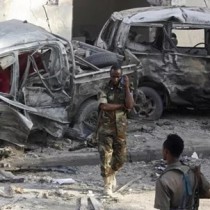


![[Topnews:-] Sarkaalkii Muqdisho ka Afduubtay Saraakiishii Sirdoonka Faransiiska oo Mareykanka u tahriibay.](https://waagacusub.com/uploads//article/photo/IMG_D12C79-B2F5AF-B6B07C-E7F3AC-96251A-E9123F.jpeg)
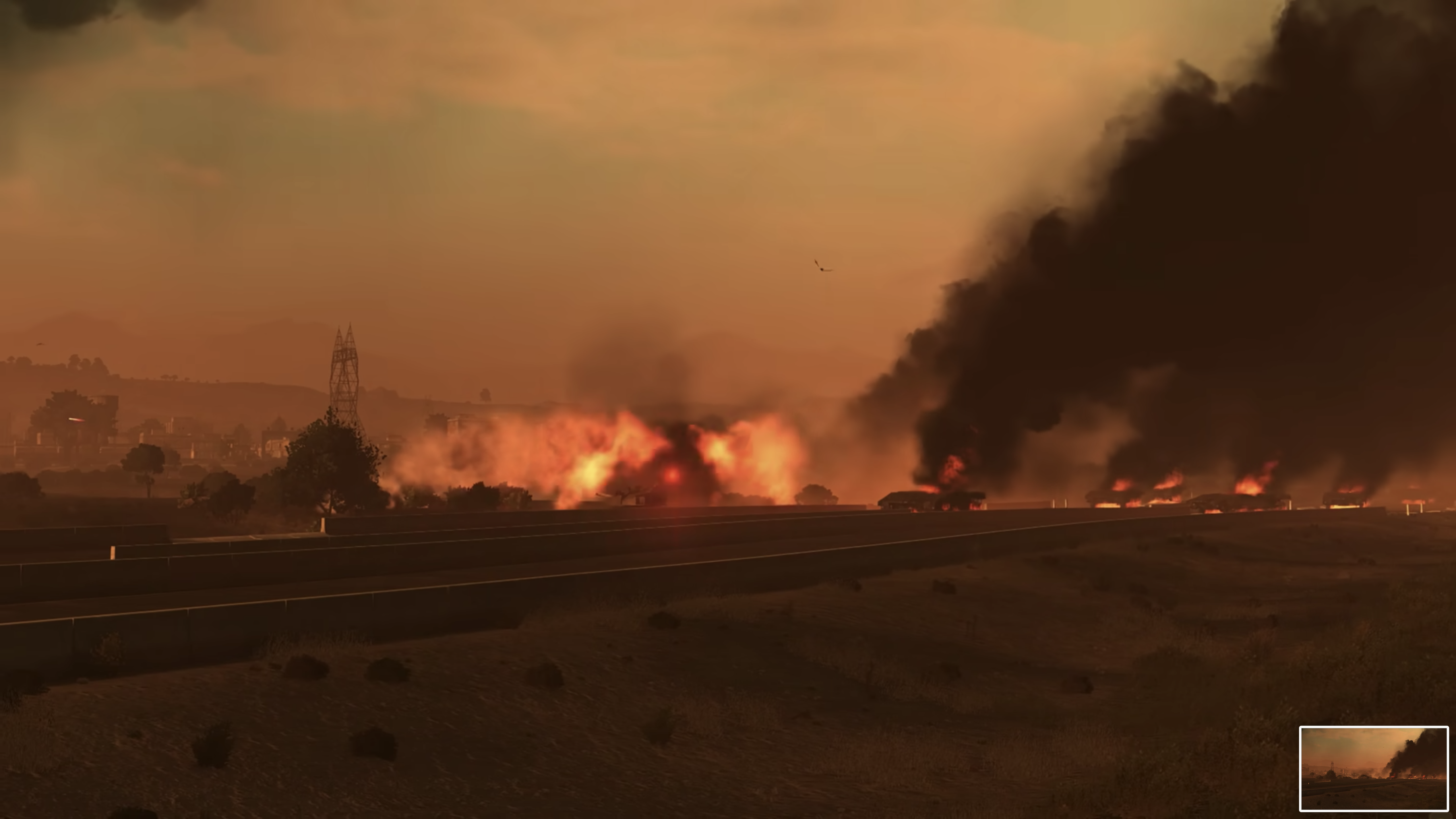
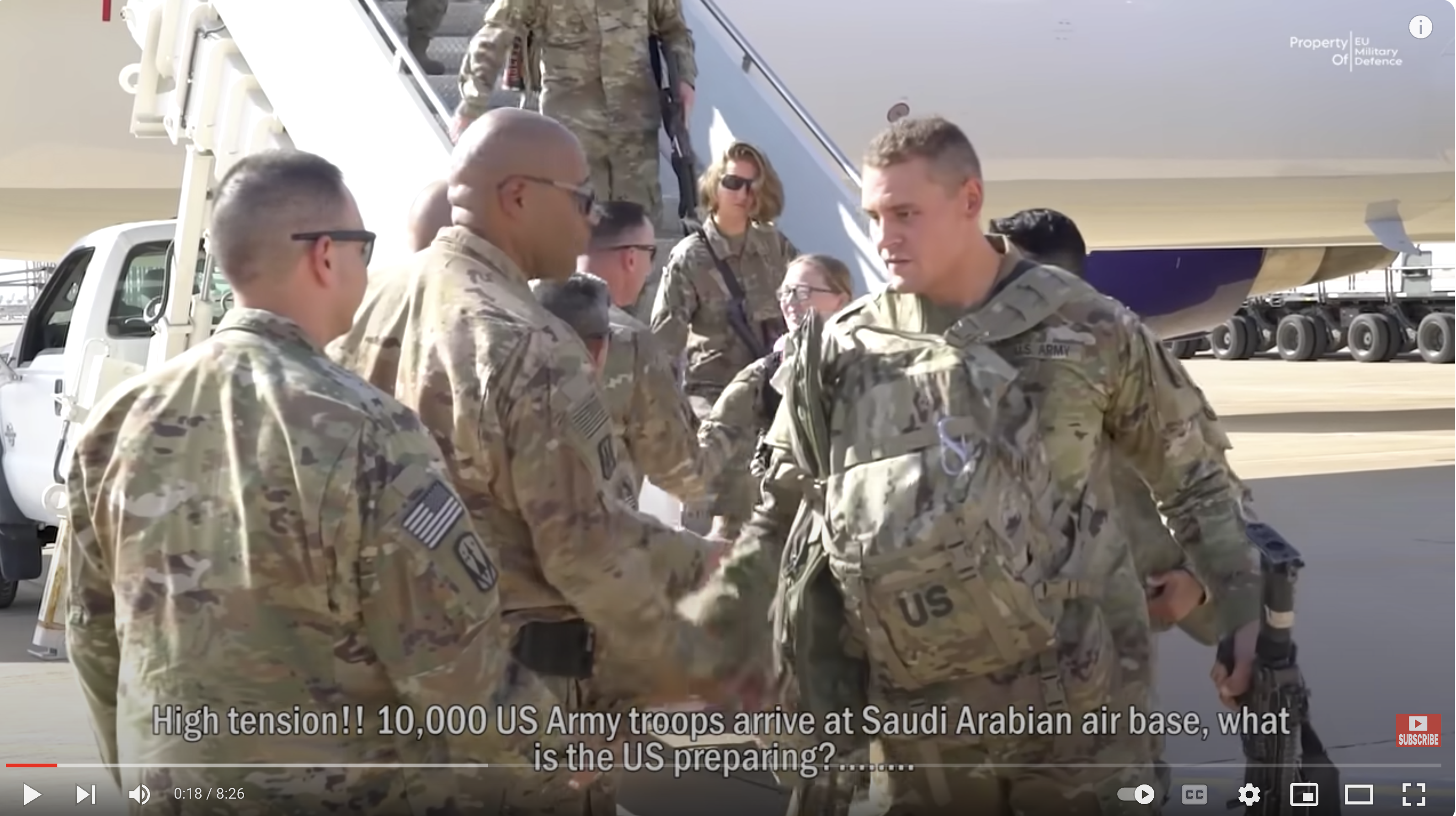
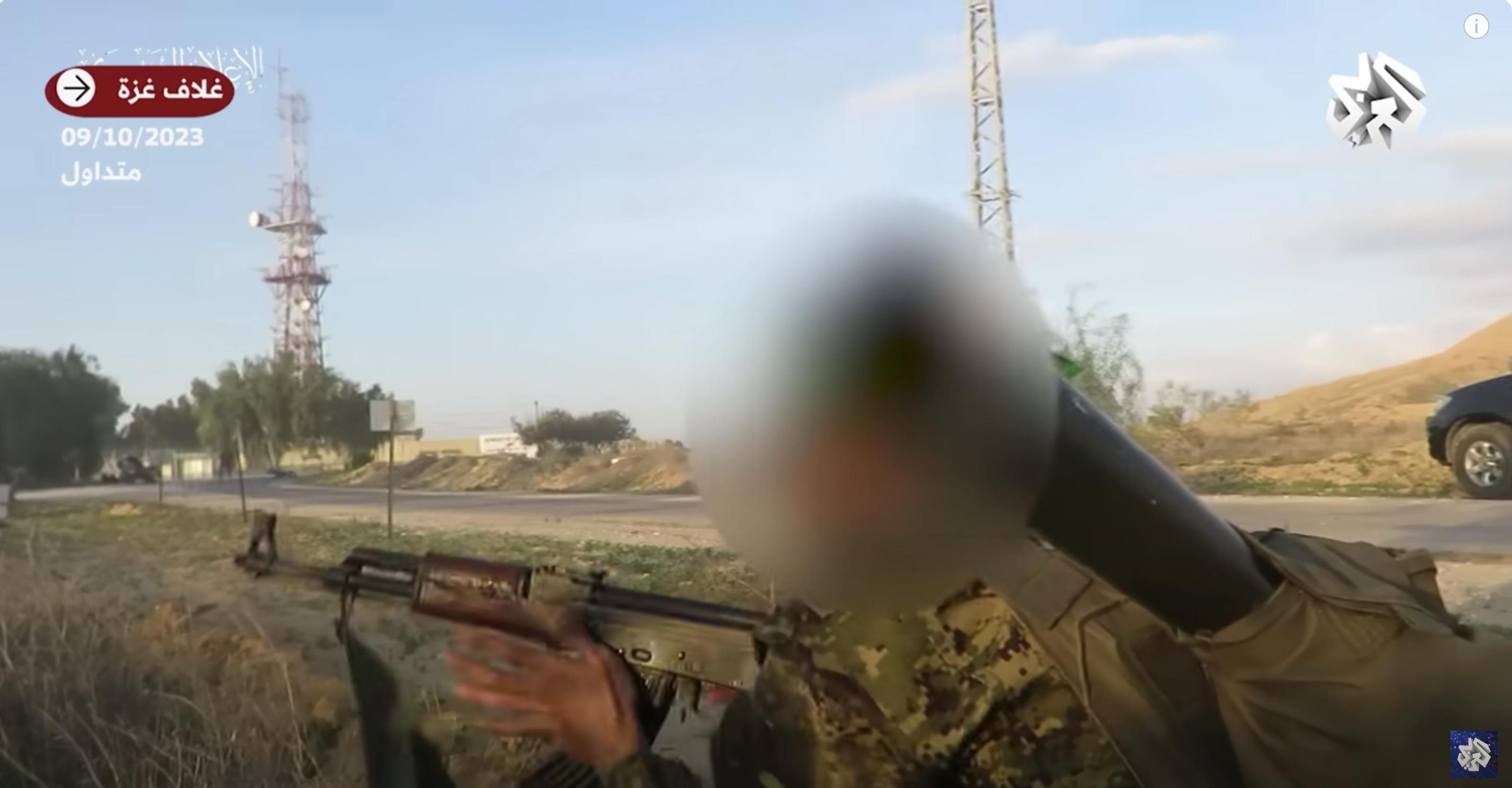
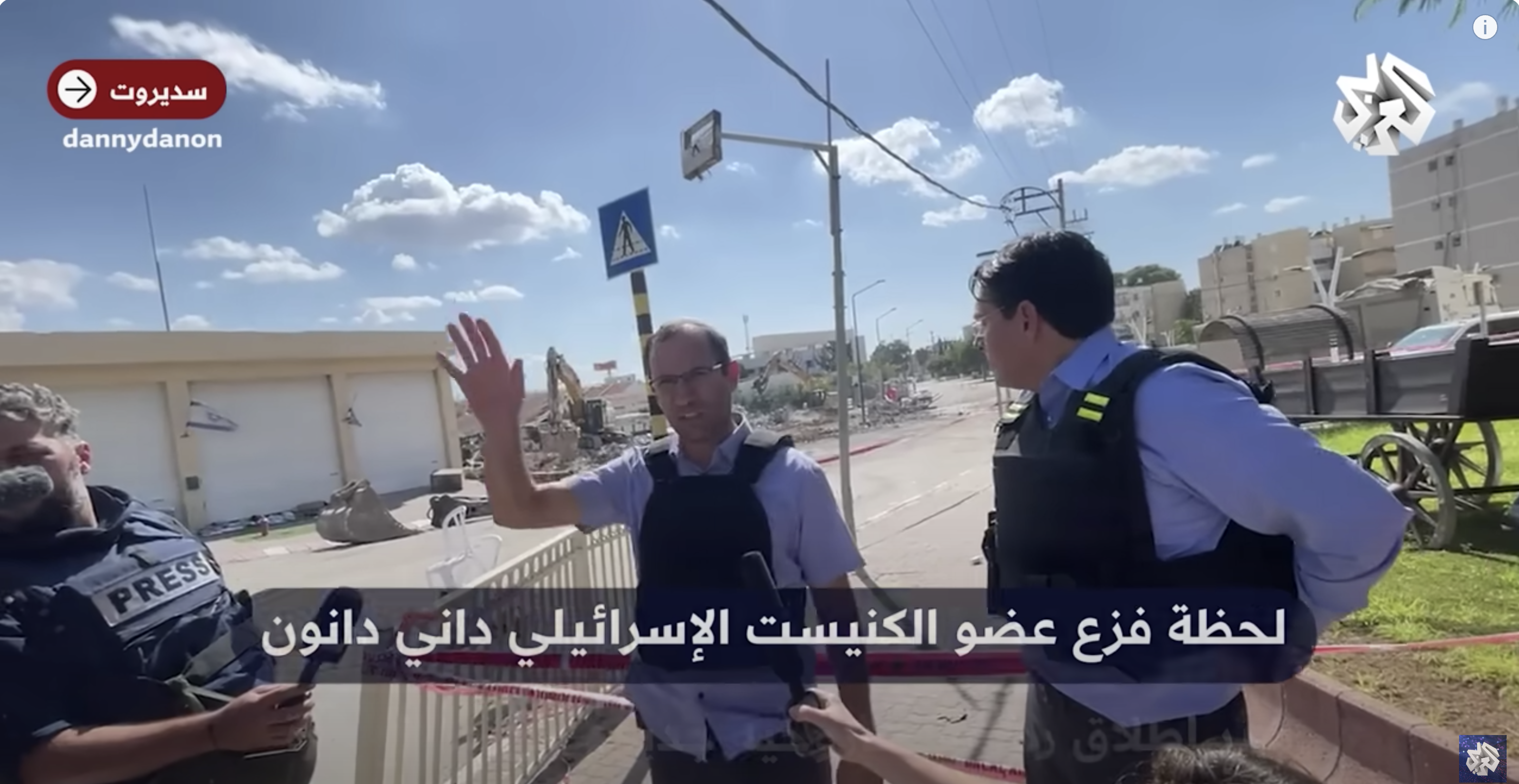
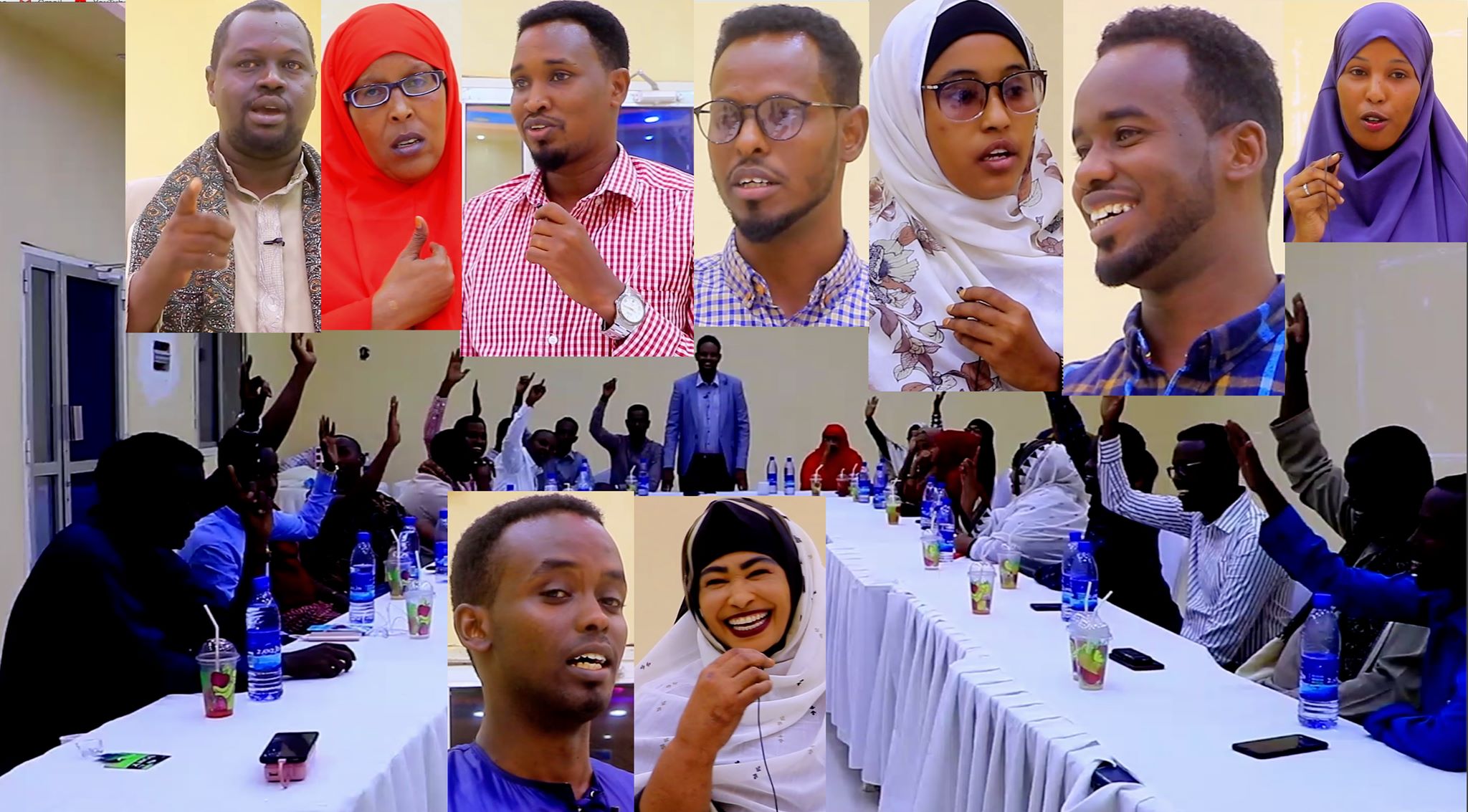
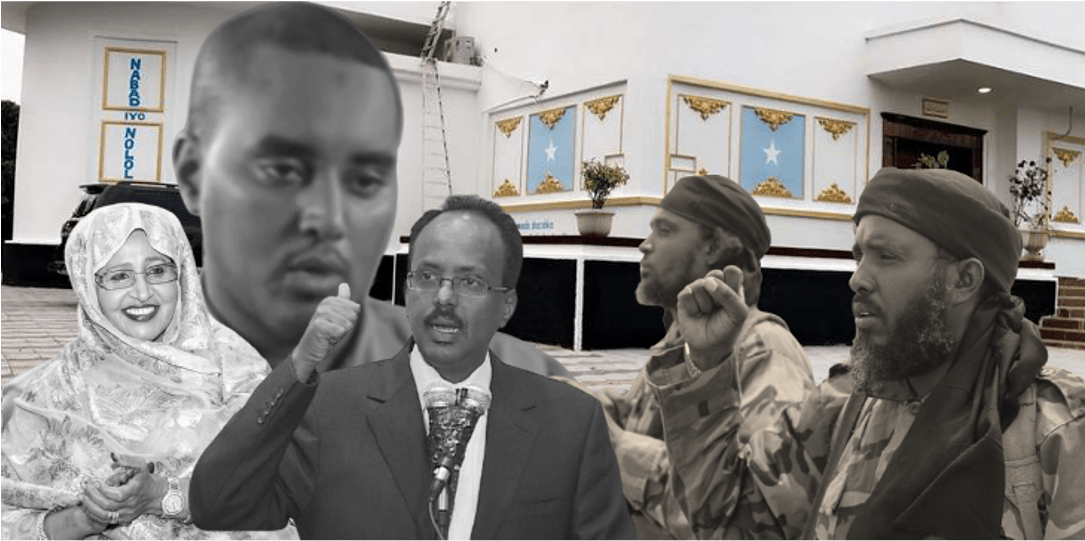
![[DAAWO] Dahir Alasow muxuu ka yiri Arooska Saadaq Joon iyo gabadha Madaxweynaha Jibouti](https://waagacusub.com/uploads//article/photo/IMG_A85D69-E46491-EB949F-F75713-195F22-880C48.png)
![[DAAWO] Gabadh aan Aabbe iyo Hooyo laheyn kadibna seddex Caruura lagu furay maxaa ku dhacay ?](https://waagacusub.com/uploads//article/photo/IMG_418075-E7A0C5-2FE6EA-C581B5-C9940B-8CE1BE.png)
![[DAAWO] Qabiilka ugu fulaysan uguna faanka badan Somalida oo shacabka Soomaaliyeed cabirayaan?](https://waagacusub.com/uploads//article/photo/IMG_444F4F-0F2704-1B7D7E-D109A0-B778B0-E4602B.png)
![[Daawo] sidee loo dilay Amiirka Shabaab iyo Wiilka xasan Dahir - Wararka qubanaha Dahir Alasow](https://waagacusub.com/uploads//article/photo/IMG_732422-B87120-7AB730-3E00E9-27DE0A-43CC94.png)
'We're Finding It Difficult to Hold' Territory in Somalia: Senator
Somali government forces, African partner nations, and half a thousand U.S. troops are having trouble holding off the extremists of al Shabaab.